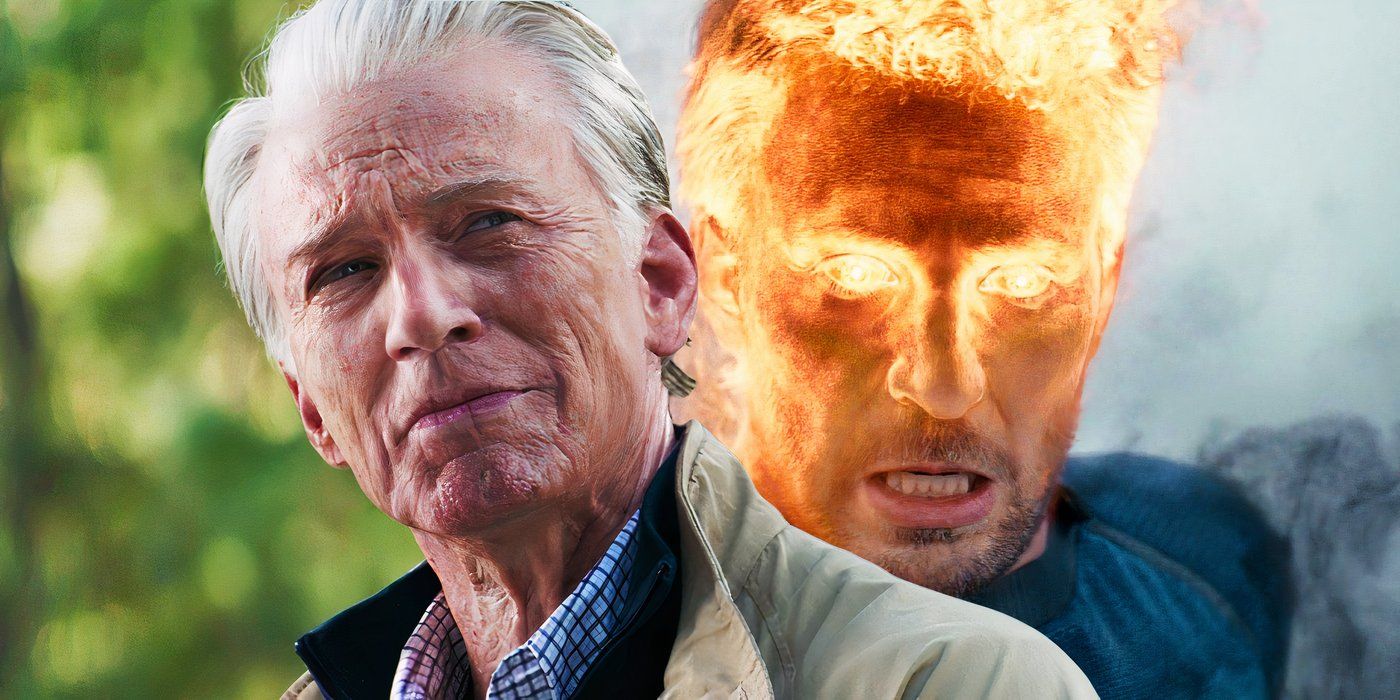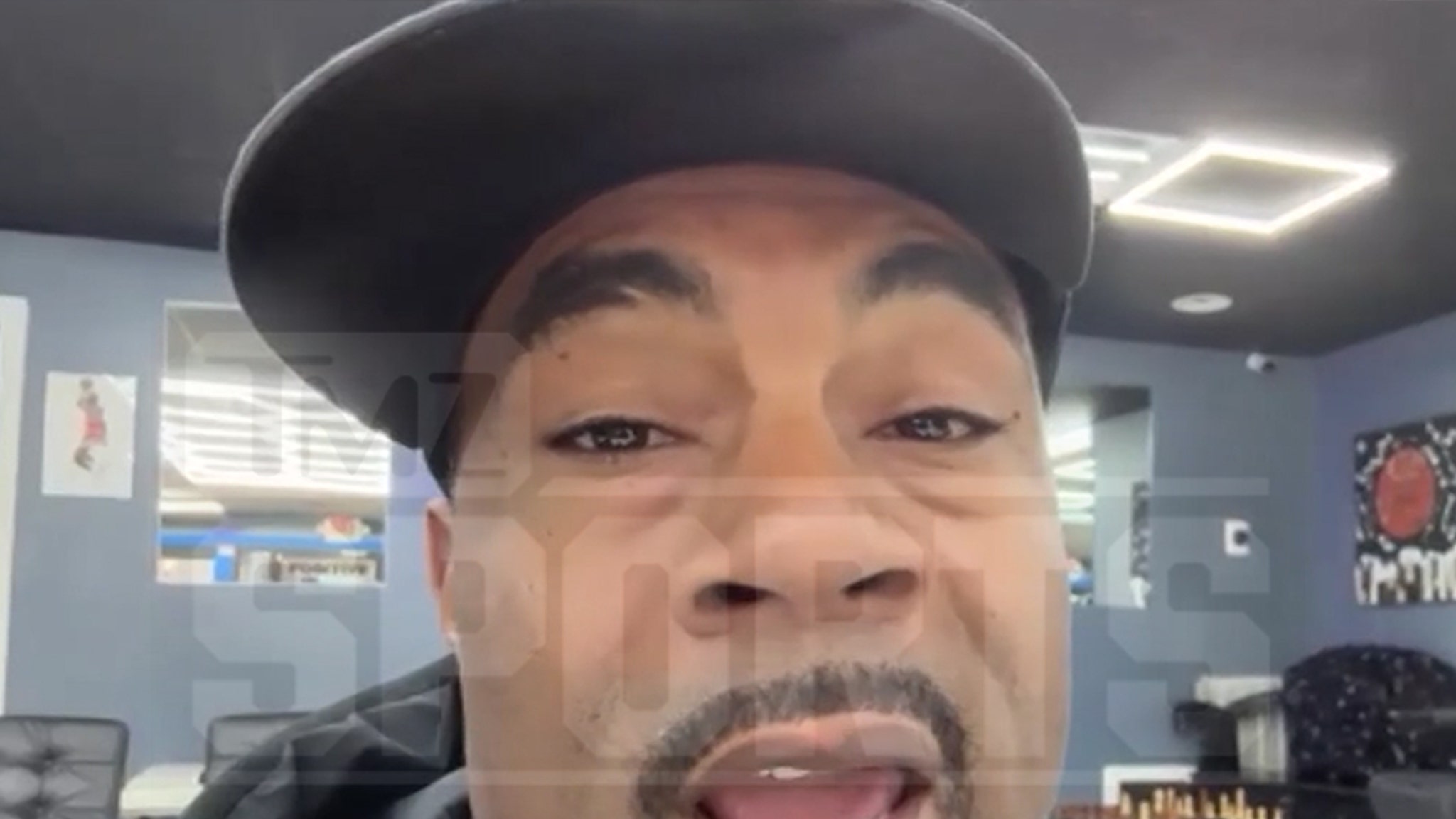Global streaming platform Izzy, which specializes in Israeli shows and films, is set to exclusively launch “Kugel,” the highly anticipated prequel to Netflix hit “Shtisel,” on Feb. 28 to its subscribers across more than 60 countries. Variety spoke to Nati Dinnar, Izzy’s co-founder and CEO, about the show and why he was so keen to acquire it for the streamer.
“Shtisel” launched in 2013 on Israeli network Yes and ran for three seasons on Yes and on Netflix outside Israel, fast becoming a worldwide hit. The series scored 100% on Rotten Tomatoes and was praised as “groundbreaking television” by the New York Times, won 11 awards at the Israeli Television Academy Awards in 2013 and took home six awards in 2015.
Izzy will be launching “Kugel” in 12 languages, including English, Hebrew, French, Spanish and Portuguese. “Shtisel,” which is also to be found on Izzy, followed the lives of the extended Shtisel family – a warm, closely-knit and argumentative ultra-Orthodox family in Jerusalem.
“Kugel,” written by “Shtisel” co-creator Yehonatan Indursky, marks the return of father and daughter Nuchem (Sasson Gabay) and Libi Shtisel (Hadas Yaron).

Years before her future husband, Akiva Shtisel, was even a twinkle in Libi’s eyes, she lived in Antwerp, Belgium with her father, Nuchem. Nuchem is a charming jewellery dealer, unafraid of bending the rules to make a sale. But when his wife Yides (Mili Avital) finally tires of his swindling and says she wants a divorce, their family life is thrown into disarray – Nuchem spends his days trying to save his marriage and achieve his dream of one day being a mogul, and his nights courting Pnina Baumbach, a recently-widowed woman who inherited a restaurant that specializes in fine Jerusalem-style noodle kugels. Throughout the series, Nuchem must learn to balance his ambition in business alongside the needs of the three women in his life.
In light of her parents’ crumbling partnership, and despite her age, 22, Libi is yet to find a suitable match. Instead, she devotes all of her energy and resources to becoming a successful writer. But then, a chance encounter with an orthodox man on the Antwerp tram throws a wrench into her plans. Libi must decide whether the path to success for her lies in marriage, love, or pursuing her dream of being an author.

Eight episode “Kugel” is directed by Erez Kav-El and produced by Fremantle, Abot Hameiri and Menuetto Film. Executive producers are Dikla Barkai, Guy Hameiri and Eitan Abot for Abot Hameiri, Hattie Burles, Olivia Sleiter and Hilary Martin for Fremantle, Jay Ruderman for Boston Rose, Dganit Atias Gigi and Uzi Karin for Yes.
The series was commissioned by Yes, which was also the original commissioner of “Shtisel” in Israel. “Kugel” is supported by Screen Flanders and the Belgian tax shelter, in collaboration with BNP Paribas Fortis Film Finance. Fremantle handles global sales.
Speaking to Variety, Dinnar explains that when he heard that Netflix was “not going to continue [with ‘Shtisel’], I already then understood that this story can’t stop. And I had a conversation with the producer of the show, who’s a friend of mine back from my TV days, and I said, ‘We have to continue this.’ I didn’t know he’d pick it up, but he did just that, and found a way to produce the spin off. So once I knew that was produced, I knew I’d never find a better kind of original drama to have on our platform that comes with an audience, that comes with a brand. So I think that’s the big thing about ‘Kugel,’ it’s bringing the ‘Shtisel’ story back to the screen, even though it’s a prequel.”
Other shows on Izzy, which was founded in 2020, include “Unsilenced,” a drama based on the true story about one of Israel’s presidents who was accused of sexual harassment. The miniseries won four Israeli Television Academy awards. Also on air is comedic drama “Dismissed,” about women serving in the Israeli army. Its lineup also includes older Israeli shows that haven’t been distributed widely or at all outside Israel such as “Kathmandu,” which stars Gal Gadot, a chance to see the Hollywood actress acting in Hebrew. The show follows a young couple who set up a Chabad House – a center for disseminating Hasidic Judaism – in Nepal.
Dinnar used to work as an executive for Channel 10, a commercial free-to-air channel in Israel, before working as a producer for several years. This experience has given him an understanding of the point of view of both the broadcasters and producers, and that has informed his approach to licensing. “What frustrated me was that even though [Israeli shows] were successful here in Israel, and they had good distribution companies taking them, they weren’t always seen around the world,” Dinnar says. “And as a creator, that’s all you care about. It’s not about how much money it will make. You just want people to see the story and so it has impact. So that’s where I’m coming from. So one of the things I decided very early on is we’re not about exclusivity. Exclusivity just prevents audiences from watching shows. So most of our licensing is done without exclusivity.”
He adds: “We do want [the shows] worldwide, because we’re available worldwide. We have subscribers in over 110 countries. So if we need to geo-block a country that we are very dominant in, like North America, we wouldn’t take the content, but most of the stuff that we managed to license, the geo-blocking is very limited.”
Ironically, perhaps, the only country were much of its content isn’t available is Israel, but that may change. “The only reason I would think of opening it here is because we have a lot of people who came to Israel from foreign countries, and they don’t know the language, so they want to see things with subtitling,” he explains.









 English (US) ·
English (US) ·